Waymo's Next Conquest are London's Iconic Black Cabs
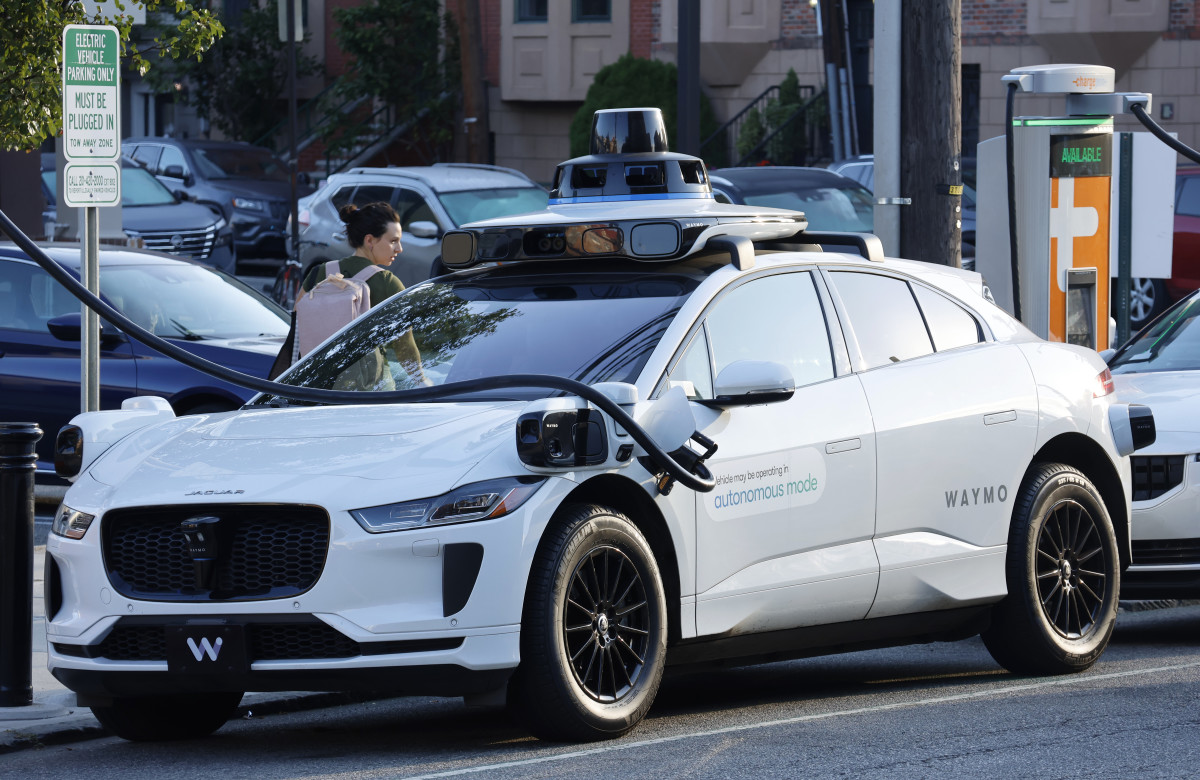
How's life in London?
In a recent announcement, the Google-backed autonomous vehicle company Waymo said that it plans to launch its fully autonomous ride-hailing service in London next year, marking the company's UK and European debut. The company says its ride-hailing service will be a great addition to the British capital’s extensive network of non-car modes of travel, which include public transport options such as buses and The Tube, as well as the miles of bike lanes and pedestrian infrastructure.
Waymo will lay the groundwork to launch its service over the next few months, including correspondence with local and national leaders on the ground to ensure the company is authorized to launch the commercial ride-hailing service in London. Waymo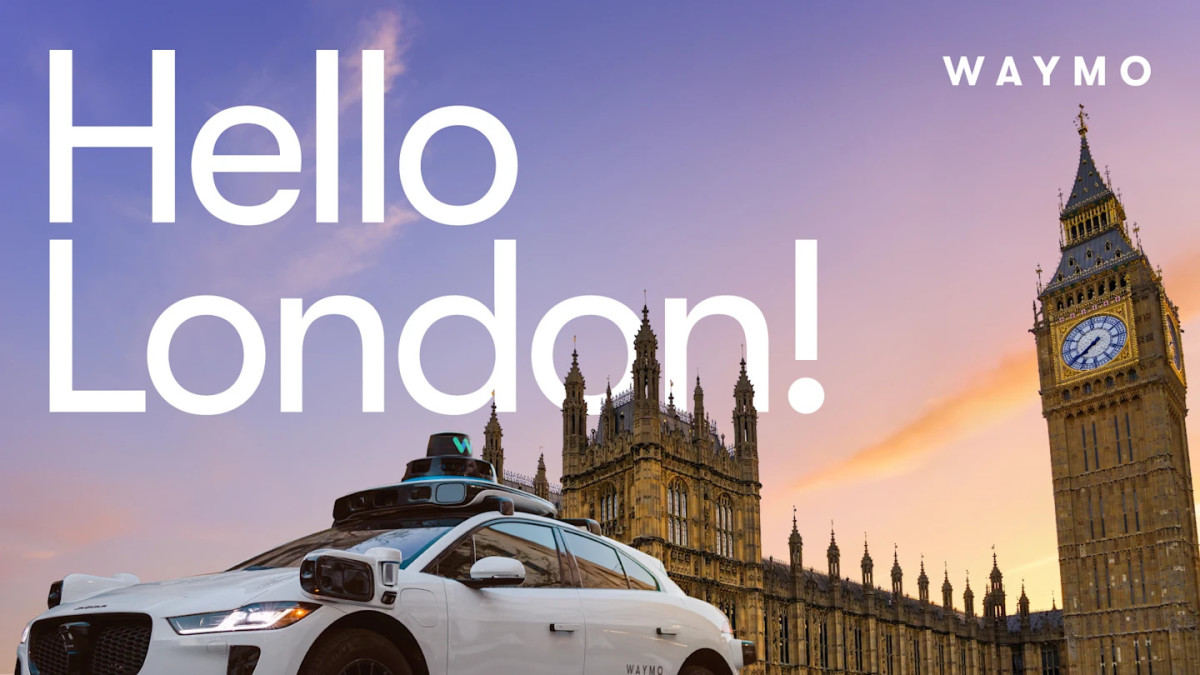
“We’re thrilled to bring the reliability, safety, and magic of Waymo to Londoners,” Waymo co-CEO Tekedra Mawakana said in a statement. “Waymo is making roads safer and transportation more accessible where we operate. We’ve demonstrated how to responsibly scale fully autonomous ride-hailing, and we can’t wait to expand the benefits of our technology to the United Kingdom.”
In its announcement, the Alphabet-owned firm did not shy away from mentioning its British roots. According to them, its first international engineering hubs were located in London and Oxford, where teams helped develop its large-scale, closed-loop simulation technology, which it says is the "gold standard" for developing fully autonomous driving technology. Waymo also touted that its safety record, which shows the service is safer in collisions with pedestrians than human drivers, could help London achieve its transport priorities, including targets to reduce pedestrian deaths and injuries.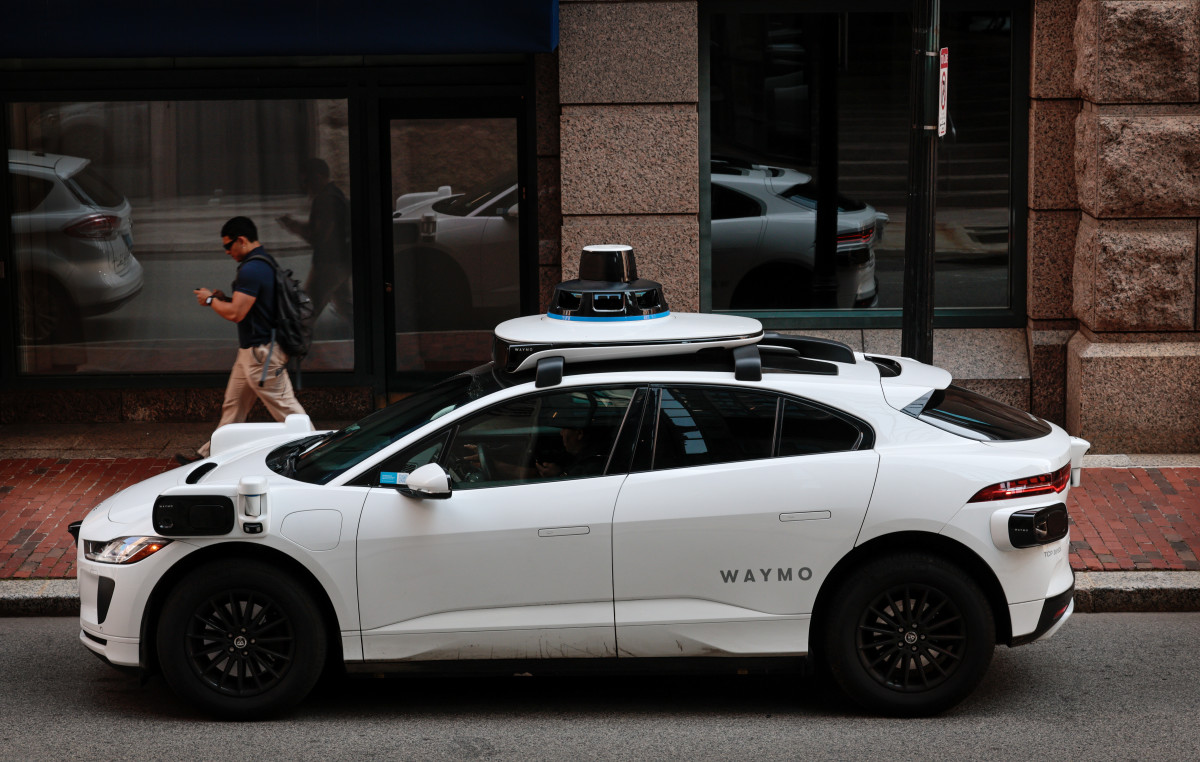
In a statement, James Gibson, the Executive Director of Road Safety GB, said that autonomous vehicles like those operated by Waymo could help improve road safety because of the removal of human drivers.
"Rolling out autonomous vehicles in a progressive yet measured way will be the best approach," he said. "The road safety profession and wider society should embrace it. It could lead to a future that our vision zero aspirations envision." Soeren Stache/picture alliance via Getty Images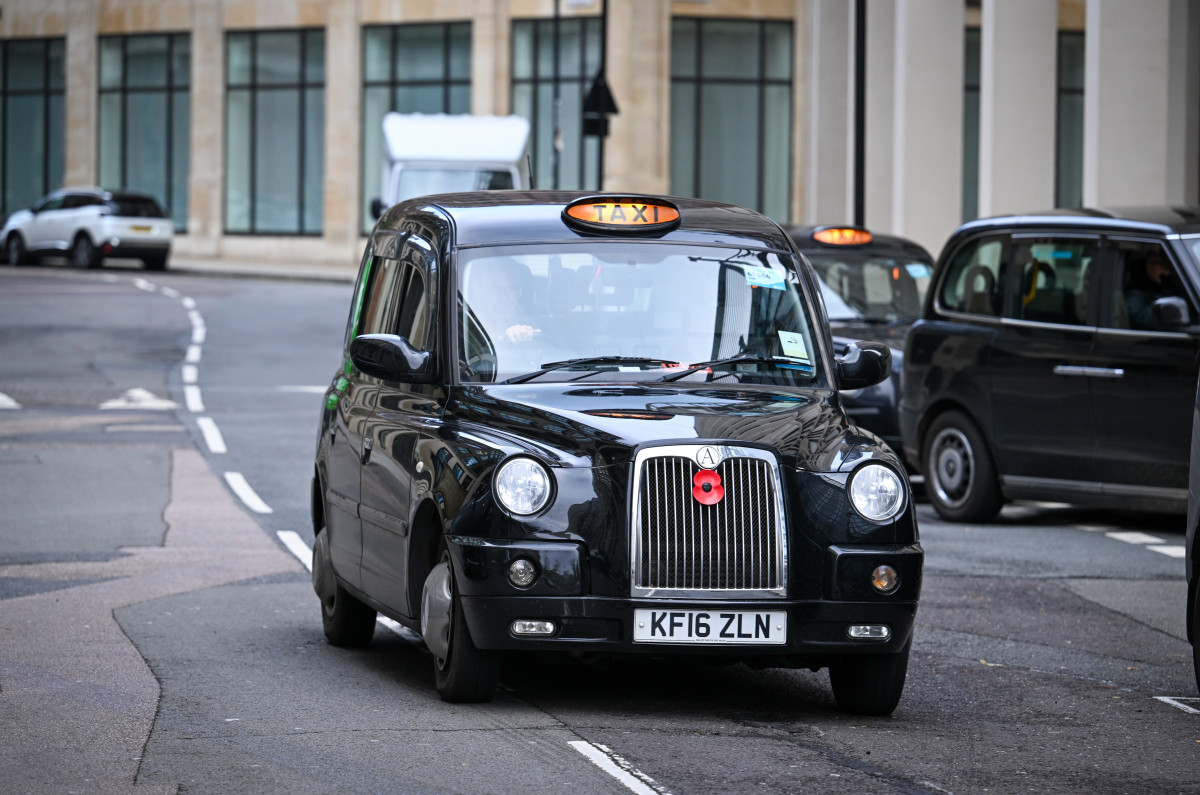
Waymo is up against some stiff competition
The British government is open to robotaxis, as it views the new technology as a means to boost technology-led investment and growth in the country. In a statement, UK Secretary of State for Transport Heidi Alexander said that she is “delighted” that Waymo will bring its services across the pond, which it will do as part of a scheme that’ll allow pilot projects to begin operating in spring 2026 before they legally roll out in 2027. Alexander states that not only will Waymo boost transport in the city, but also make Great Britain a leader in embracing new, cutting-edge technologies.
“Boosting the AV sector will increase accessible transport options, alongside bringing jobs, investment, and opportunities to the UK. Cutting-edge investment like this will help us deliver our mission to be world leaders in new technology and spearhead national renewal that delivers real change in our communities.” Mike Kemp/In Pictures via Getty Images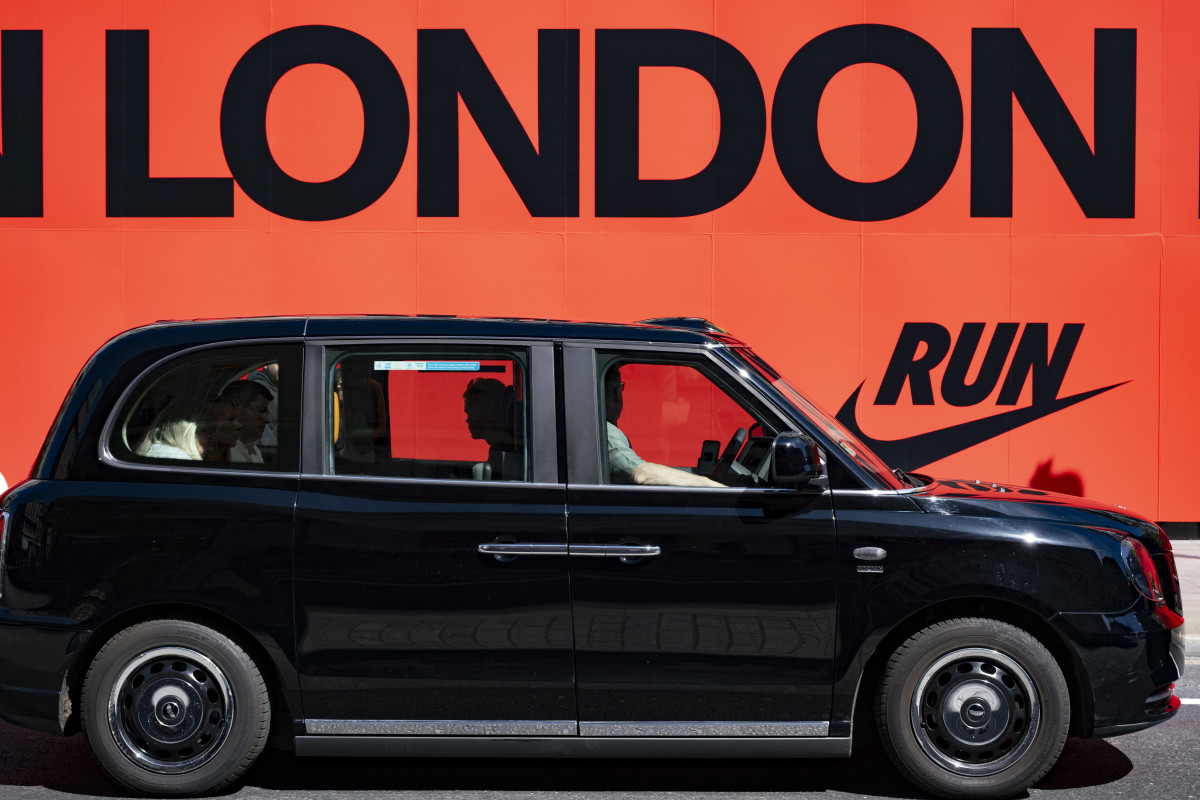
Although another firm, Wayve, which is backed by tech giants such as NVIDIA, Microsoft, and the Japanese SoftBank, is currently testing in London, the onset of robotaxis only adds to the growing decline of London’s traditional black cabs, whose numbers have declined rapidly in recent years. According to local licensing data, there were only 14,069 black cabs in operation earlier this month, a 36% decline from the roughly 22,000 cabs that were operating about a decade ago.
While private hire services such as minicabs and app-based ride-hailing services like Uber and Lyft have proliferated in cities like London, the black-cab drivers are trained to know the medieval-era labyrinth of streets and pass a rigorous test known as The Knowledge of London. Chris Ratcliffe/Bloomberg via Getty Images
The Knowledge was established more than 160 years ago, and tests drivers' ability to find the quickest routes through important waypoints in the city without the use of a sat-nav or GPS system. According to the Transport for London website, the test requires extensive study of the streets and takes seven stages to pass, including oral examinations called “appearances” where potential drivers have to orally recite the shortest route between any two points in London to an instructor.
It is because of this knowledge that Steve McNamara, the general secretary of the Licensed Taxi Drivers Association, told the Wall Street Journal that robotaxis don't pose such a threat to the cabbies. “I’ve got no confidence in the software being as smart as it needs to be to work in a city like London,” McNamara said.
Final thoughts
As a New York City-area commuter, I find that Waymo is getting a little ambitious as it expands into major cities notorious for their drivers and traffic. While companies like Waymo prepare to expand their services, a balance must be found between cool, forward innovation and the preservation of established practices. Autonomous car technology promises efficiency and convenience, but ultimately, the success of robotaxis will depend on their ability to complement rather than completely replace the rich heritage of London’s black cabs or New York City’s yellow cabs.
What's Your Reaction?
 Like
0
Like
0
 Dislike
0
Dislike
0
 Love
0
Love
0
 Funny
0
Funny
0
 Angry
0
Angry
0
 Sad
0
Sad
0
 Wow
0
Wow
0











